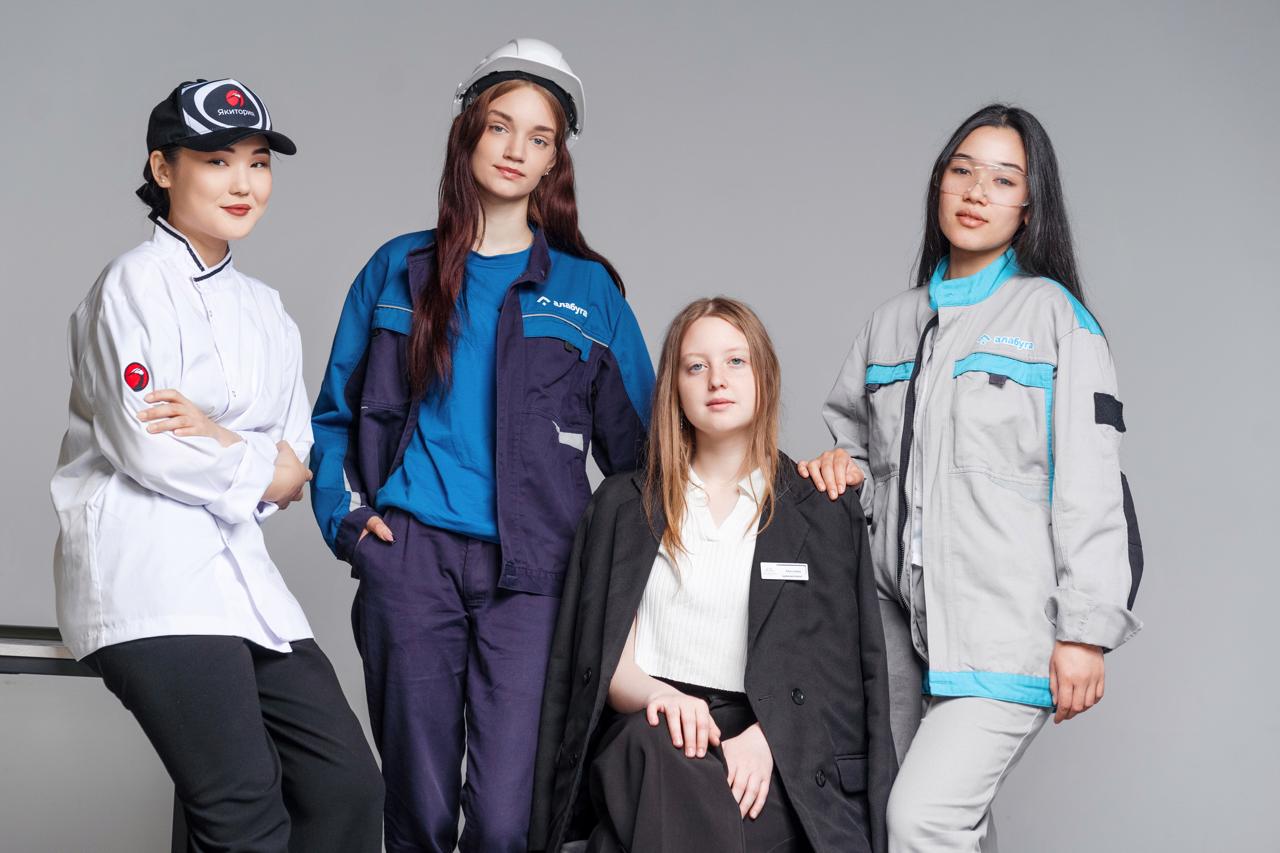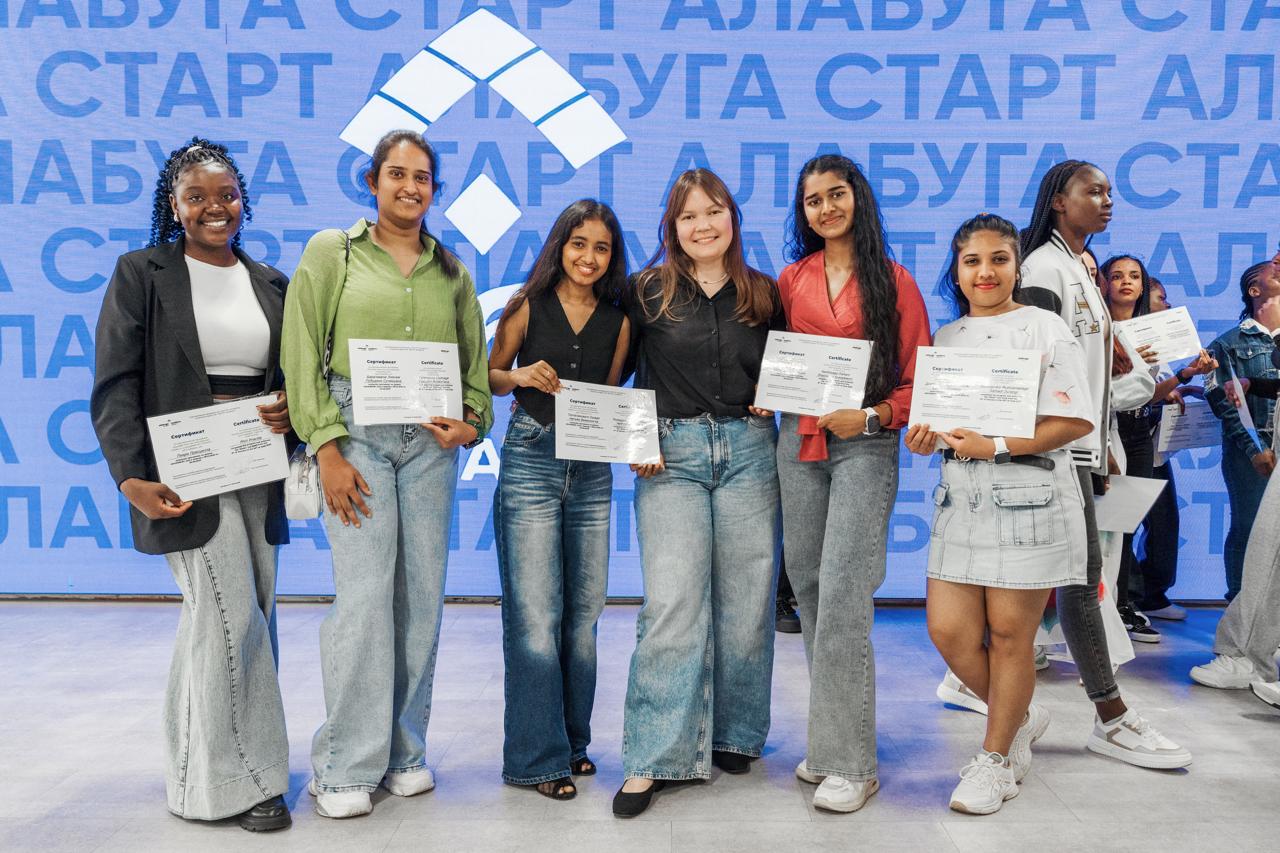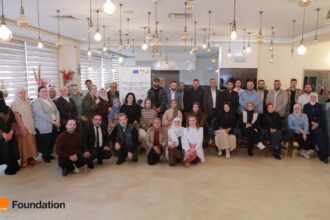According to the World Bank, the youth unemployment rate in Jordan in 2024 was at 41.7% among people aged 15-24 (39.8% for men and around 49.2% for women). The Jordanian Department of Statistics estimates that overall unemployment in the country in 2024 remained at around 21.4%.

Such high youth unemployment rate reflects systemic problems in the labour market: a lack of jobs for graduates, a mismatch between skills and employer requirements, and limited opportunities for young women, especially outside major cities.
Solving this problem requires comprehensive government policies: stimulating entrepreneurship, investing in innovative sectors of the economy, and expanding international cooperation, including in the field of human resources policy.
FROM SUSTAINABLE DEVELOPMENT TO PRACTICAL INITIATIVES

Russia and Jordan are strengthening cooperation in the field of labour resources and industrial cooperation. In August 2025, a meeting between Ministers of Foreign affairs of the two countries, Sergey Lavrov and Ayman Safadi, took place in Moscow. According to the Ministry of Foreign Affairs of the Russian Federation, the parties discussed practical measures to develop bilateral partnership.
“Russia is interested in deepening economic, trade, and cultural cooperation with Jordan“, said Russian Foreign Minister Sergey Lavrov.
One of the areas receiving special attention from both countries is labour cooperation and opportunitiesdevelopment to attract foreign specialists to participatein Russian industrial projects.
“We seek to strengthen our friendship with Russia and believe that the agreements reached will contribute to growth in many sectors”, Safadi emphasized.
In this context, employment programmes serve as an example of how intergovernmental agreements are transformed into real labour initiatives.
For example, the Republic of Tatarstan has long been considered one of Russia’s technological centres. It is home to Alabuga, Russia’s most effective Special Economic Zone, which already hosts around 40 international companies. The resident factories produce everything: from automotive components to general-purpose hygiene products.
Moreover, the Alabuga SEZ is developing social infrastructure – building educational centres and hostel complexes for its employees, and more. This has created a strong demand for personnel across diverse fields, from technical roles (e.g., production operators) to service sectors (e.g., catering). One of the solutions of labour shortage became the Alabuga Start programme.
The international programme is designed for the girls aged 18-22 who have graduated from school and are eager to explore technical professions. Its main goal is to give young women the opportunity to build a career from the ground up, acquiring both professional skills and international experience.
This programme is open for young women who have completed at least basic secondary education (equivalent to Grade 9 in the Russian system). This age was chosen for a reason: participants are old enough to make decisions about their own lives, yet still flexible enough to quickly adapt to new environment, language, and profession.
According to the Alabuga SEZ representatives, the selection process takes place online: an application on the website, an interview with an HR specialist, a test on 100 Russian words (a list is provided on the website), and completion of a business simulation. The next step is receiving an official job offer for employment in Russia. Alabuga covers the ticket to Russia and medical insurance costs. Besides, employees have the opportunity to live in modern corporate hostels at a reduced rate.
Since the Alabuga Start programme is an officially recognized and government-supported employment initiative of the Russian Federation, 33 quotas have been allocated to Jordan under the quota of the Ministry of Labour. The programme also holds formal authorization from the Ministry of Internal Affairs of the Russian Federation to hire foreign workers, along with supporting documents from the Federal Tax Service.
“I SAW THE ALABUGA ADVERTISEMENT — AND IT WAS A SURPRISE“

The stories of the programme participants sound like documentary scripts about change. For example, 20-year-old Oceanne Stacy from Cameroon first heard about the programme from her elder sister, and later saw an advertisement on the Internet.
“So I decided to sign in… We have an application for learning the Russian language, also Russian classes. So it’s not difficult for me“, shares Oceanne.
The process turned out to be transparent and fairly easy: first, she had to master a basic minimum of 100 words in Russian, then complete the Business Cats and Alabuga Start business simulations — games specially developed by the Alabuga SEZ programmers to test communication and analytical skills. Finally, after passing medical tests and collecting all necessary documents, she received an official job offer.
Her first days after arrival were focused on adaptation: the participant was met at Kazan International Airport (in the capital of the Republic of Tatarstan), assisted with settling into corporate hostels, and guided through the document process.
Also, soon after arrival, she began intensive Russian language classes. Participants have classes with qualified mentors 3-4 days per week, focusing on conversational practice. They master technical terminology on how to read work instructions, and how to communicate on the factory floor. Within six months, many can handle daily life independently, and upon completing the intensive classes, they receive a certificate confirming their language proficiency.
NOT A HELP PROJECT, BUT A PATH TO INDEPENDENCE
Like Oceanne Stacy, every young woman in Jordan dreams of independence. Despite their education and knowledge of English, the domestic labour market offers young women very few opportunities.
It is precisely stories like those of young women from Douala, Amman, or Hanoi — that diplomats have in mind when they talk about “practical opportunities.“Oceanne Stacy’s story has become a symbol of a new era — an era in which determination and the desire for professional growth open doors where none existedbefore.
Today, Russia and Jordan are not just talking about partnership — they are working together to create opportunities that change the lives of young women and give new development impetus to the regions. When politics and diplomacy take on a human face, the results are visible not in reports, but in people’s lives.














